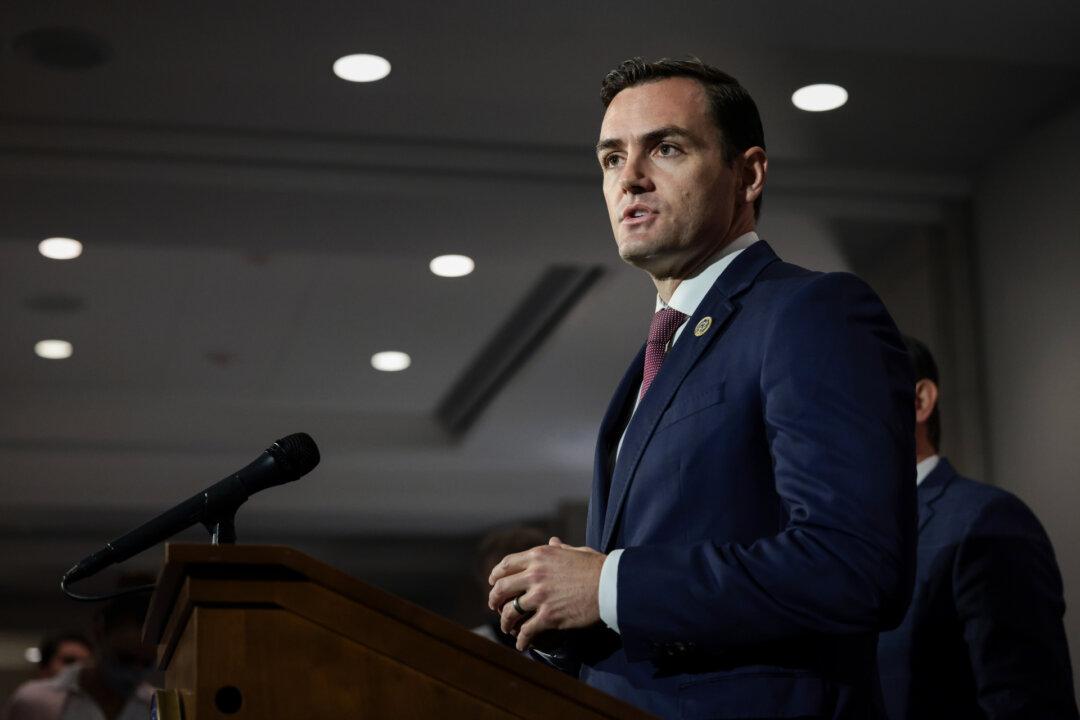Members of Congress would no longer be allowed to make fundraising telephone calls when the Senate and House of Representatives are in session under a new bipartisan piece of legislation.
Introduced on June 15 by Rep. Dean Phillips (D-Minn.) and co-sponsored by Rep. Mike Gallagher (R-Wis.), the proposal, H.R. 8089, or the On The Clock Act, would prohibit “Members of Congress from making direct or personal solicitations of campaigns funds while in session.”





